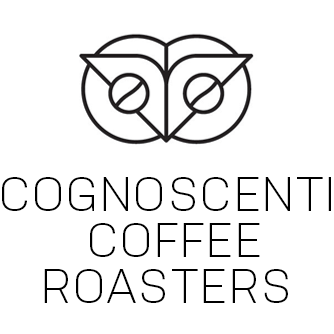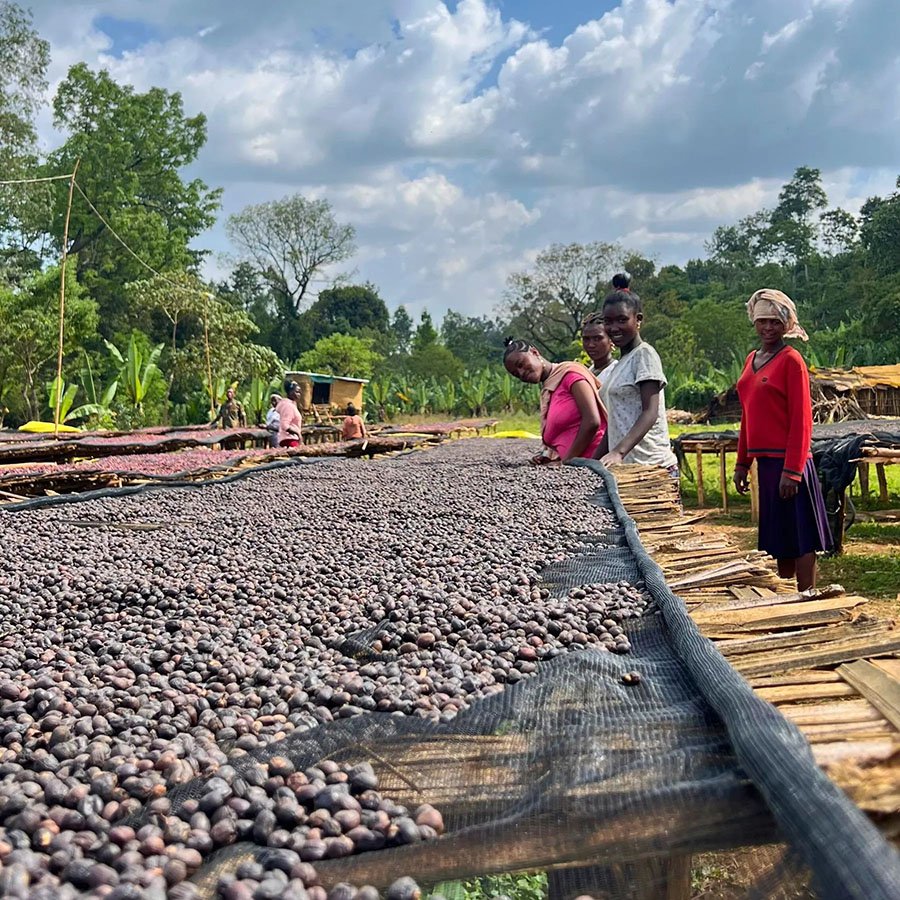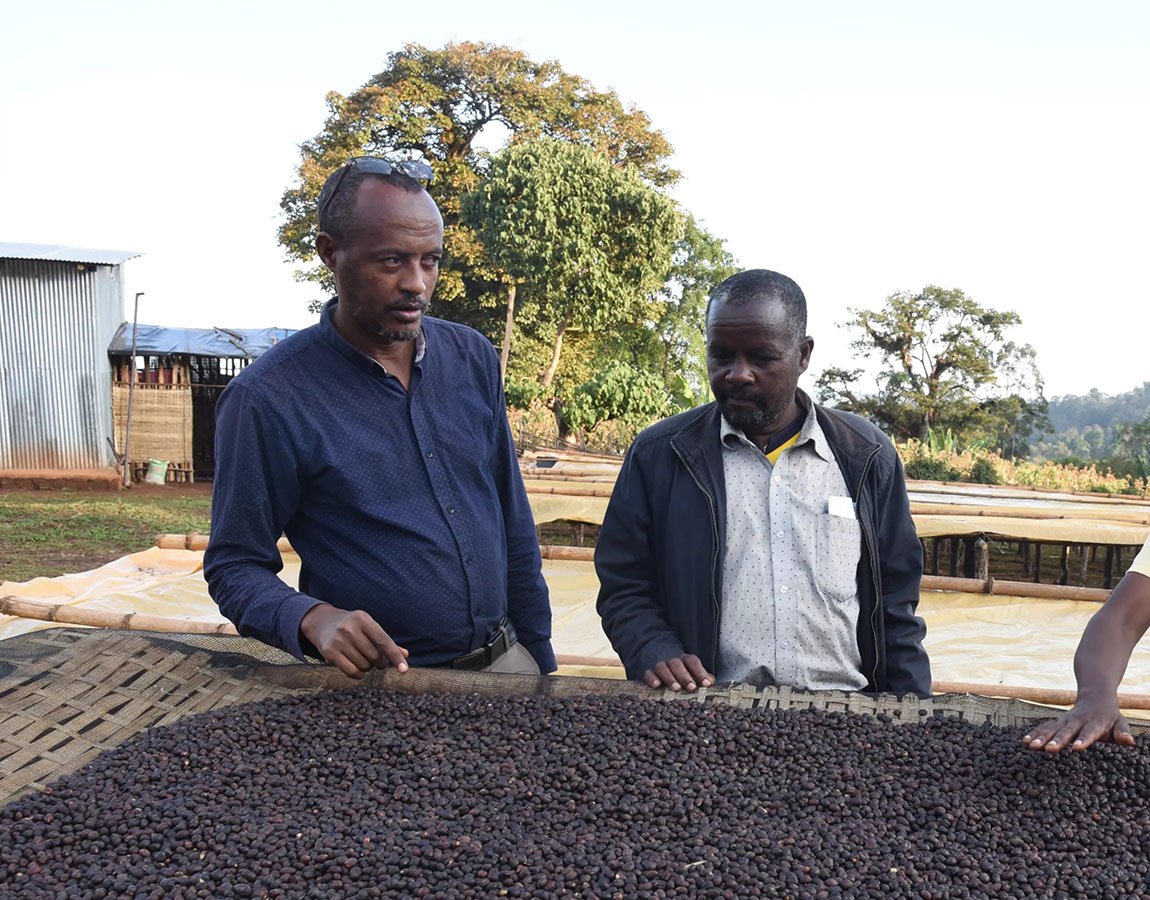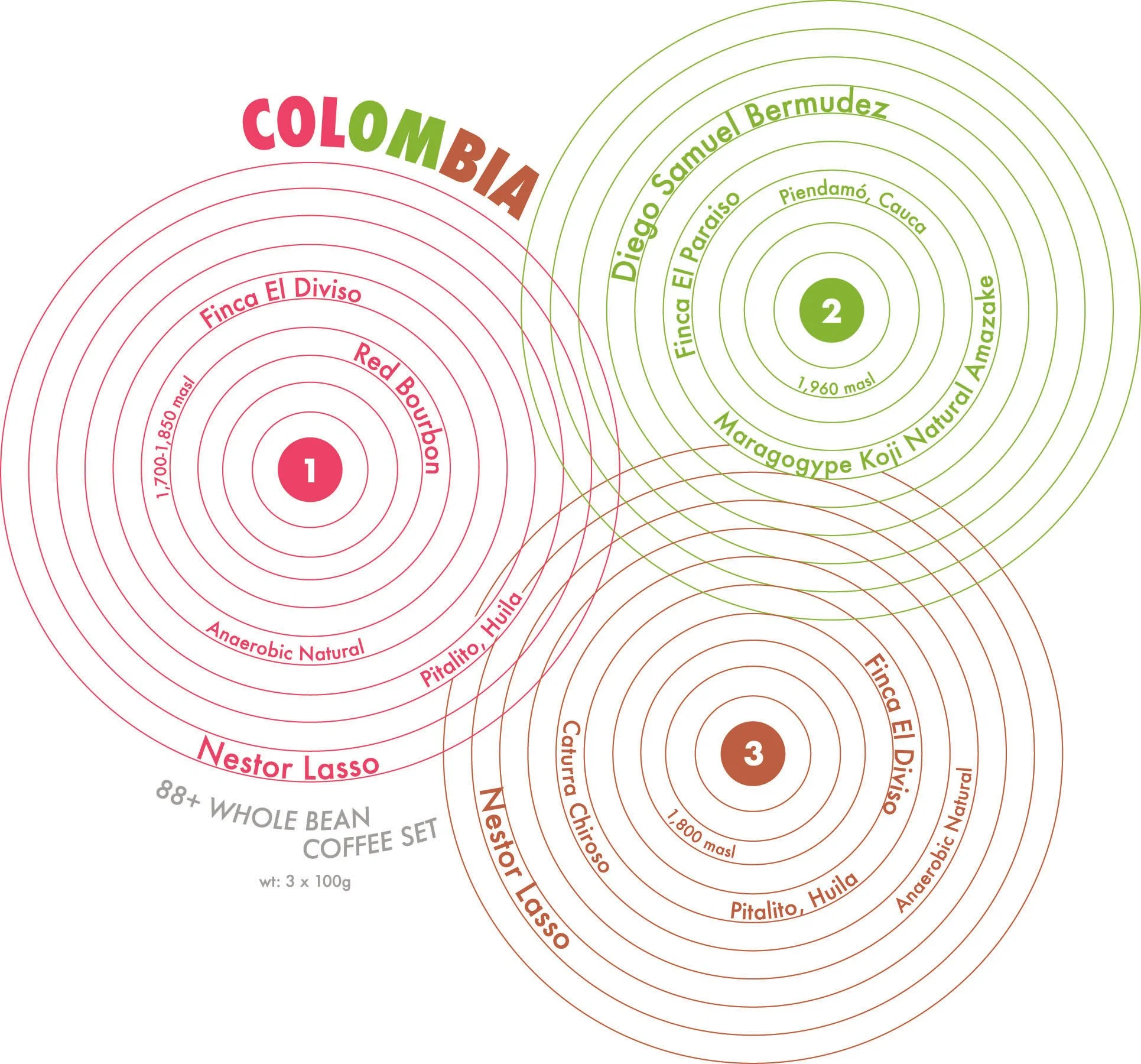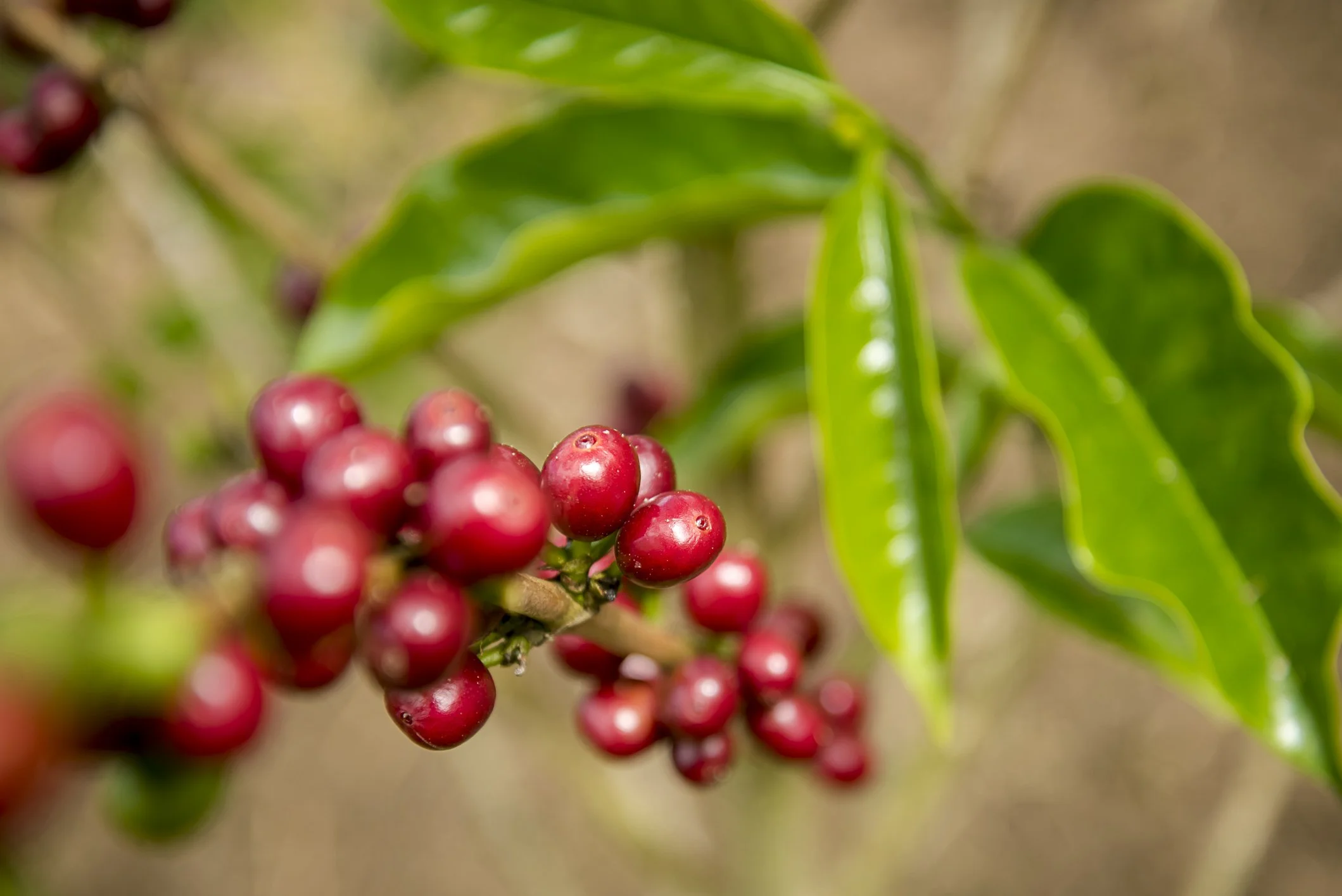Ethiopia Banko Taratu Yirgacheffe



Ethiopia Banko Taratu Yirgacheffe
Fast facts
Tasting notes: blood orange, raspberry leaf, black tea
VARIETY: Regional landraces and heirloom cultivars
PROCESS: Washed
FARMER: Smallholder farmers organized around Banko Taratu processing site
FARM:
REGION: Gedeb, Gedeo Zone, Southern Nations, Nationalities and Peoples’ Region
MUNICIPALITY:
ALTITUDE: 1950 – 2300 masl
Grown at extreme altitudes (1900-2300m) in Ethiopia's Yirgacheffe Gedeb, Banko Taratu is an indigenous heirloom coffee meticulously processed using a unique double fermentation method It has tasting notes of blood orange, raspberry leaf, and black tea.
Sourced from over 500 family farms, the coffee undergoes a specialized double fermentation process involving two distinct stages totaling up to 96 hours, followed by sun-drying on raised beds. This meticulous method enhances flavor complexity and brightness, producing distinctive tasting notes of blood orange, raspberry leaf, and black tea.
HISTORY (from the producer):
Gedeb Banko Taratu is located in the southern part of Ethiopia Yirgacheffe Gedeb District within the Gedeo zone and is one of the highest elevated coffee-growing areas in Ethiopia with a pick altitude of 1900–2300 meters above sea level where this coffee is grown and prepared. The annual rainfall is between 1200 mm-1599 mm. The harvest period is between October-January. The variety of this coffee is an Indigenous heirloom. The coffee is named after the village itself.
The people of Banko Taratu live in close-knit communities where coffee farming is a primary source of income. They have a profound respect for the land and employ traditional farming methods passed down through generations. Harvesting coffee is a communal effort, with families and neighbors coming together to pick the ripe cherries by hand. This meticulous process ensures that only the finest quality beans are selected. Coffee plays a central role in the social fabric of Banko Taratu. It's not just a cash crop, but also a means of connection and celebration. The aroma of freshly brewed coffee fills the air during gatherings, where stories are shared, and bonds are strengthened. In addition to its cultural significance, coffee farming sustains the livelihoods of many families in Banko Taratu. The income generated from coffee sales supports education, healthcare, and other essential needs. As such, the success of the coffee harvest directly impacts the well-being of the entire community. Overall, for the people of Banko Taratu, coffee represents more than just a beverage or a commodity—it's a symbol of tradition, community, and prosperity. Our processing facilities are carefully organized to consistently produce exceptional coffee each year. We source meticulously handpicked shade grown tree coffee cherries from more than 500 family-owned farms in Banko Taratu. Our dedicated processing site is operated by a team of 130 employees. Our company is committed to vertical integration with the local farmers in the Banko Taratu area. We provide financial support, subcontracting opportunities, and offer premium prices to the farmers, aligning with our ethical standards and commitment to sustainable farming and production.
PROCESS DESCRIPTION (from the producer):
Double fermentation is a specialized coffee processing method that enhances flavor complexity by utilizing two distinct fermentation stages. Ripe coffee cherries are handpicked to ensure quality. Then cherries are pulped to remove the outer skin. The beans, still coated in mucilage, are placed in fermentation tanks. This initial fermentation typically lasts 48 to 72 hours, breaking down the mucilage and influencing flavor.
The washed beans undergo a second fermentation tank for another 12 to 24 hr. This stage can last several additional hours, allowing for more complex and nuanced flavors to develop. Post-fermentation, beans are dried 12–15 days to reduce moisture, using raised beds.
The two fermentation stages allow for the development of rich, layered flavors, often resulting in fruity, floral, or vibrant profiles. Further, the washing process helps highlight the coffee's inherent qualities, making it taste brighter and more refined. Double fermentation is favored by specialty coffee producers seeking to create distinctive and high-quality coffee experiences.
